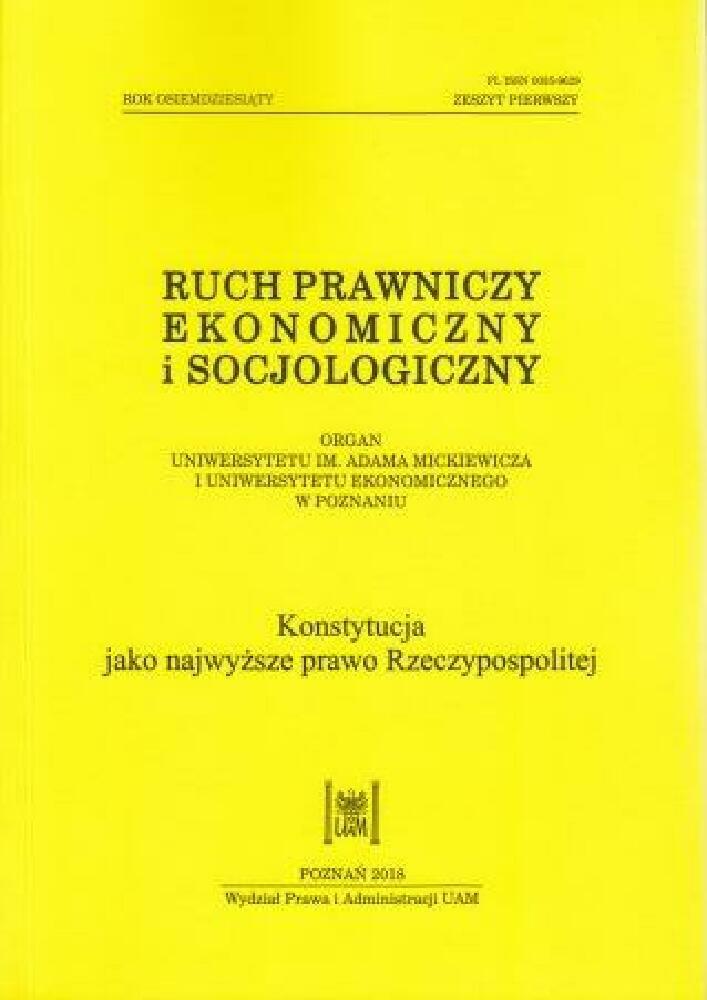Abstract
The main problem of the paper is this: should we ascribe to the University responsibility for shaping students citizenship (civic attitudes)? It seems that such a task might be understood as a secondary or extra-cognitive educational aim of the University, which aims not only to provide knowledge in a defined domain of study required by the future occupation, but also take into account that the alumni are going to fulfil various social or political functions and they require suitable intellectual capital for it. I focus on various commitments, which condition our understanding of the knowledge and institutional frameworks in which science and education function in modern pluralistic societies. In the paper I discuss: (i) the ontological aspect of the responsibility bearer, (ii) the epistemic aspect of a special role of the man of knowledge in relation to the other members of society, (iii) axiological aspects, by which I mean the problem of axiological pluralismof our societies, (iv) the context of the post-truth phenomenon which endangers rational attitudes of citizens, (v) some pragmatic shifts in scientific practices patterns: from die Gelehrterepublik [republic of science] to well-ordered science; (vi) the role of experts as representatives of various axiological options justified by scientific knowledge in relation to decision-making in the framework of the social and political institutions of the ‘knowledge society’. And in the end (vii) I formulate final conclusions in favour of my main hypothesis that the University (as a body) is responsible
for students’ civic attitudes in theeducational process.
License
Copyright (c) 2018 WPiA UAM

This work is licensed under a Creative Commons Attribution-NonCommercial-NoDerivatives 4.0 International License.




